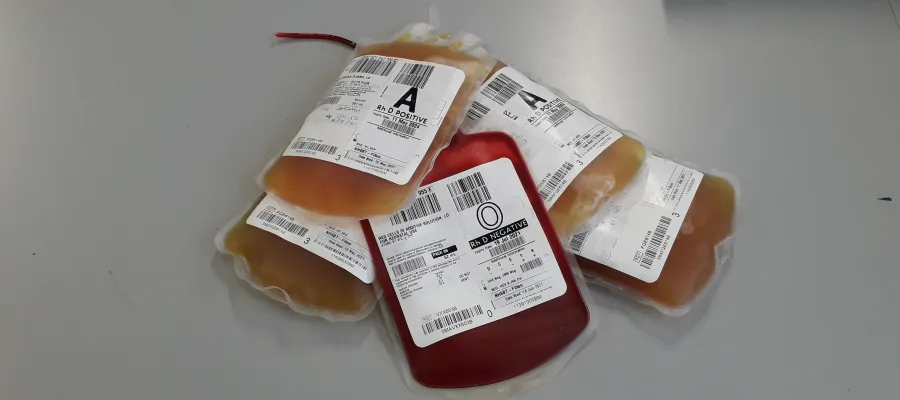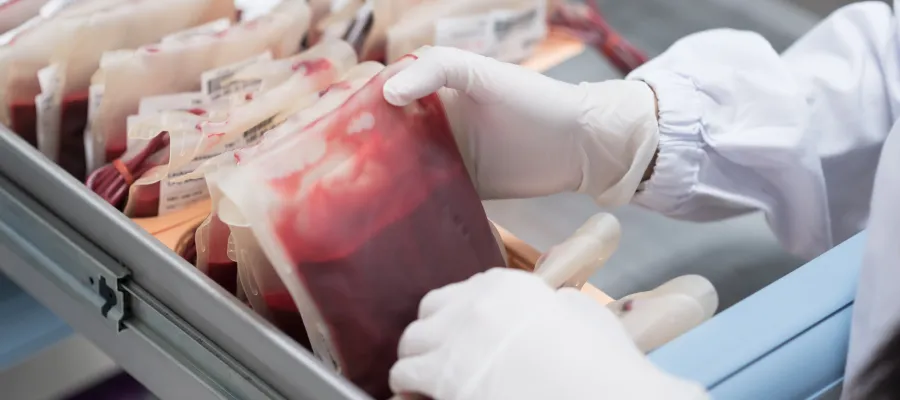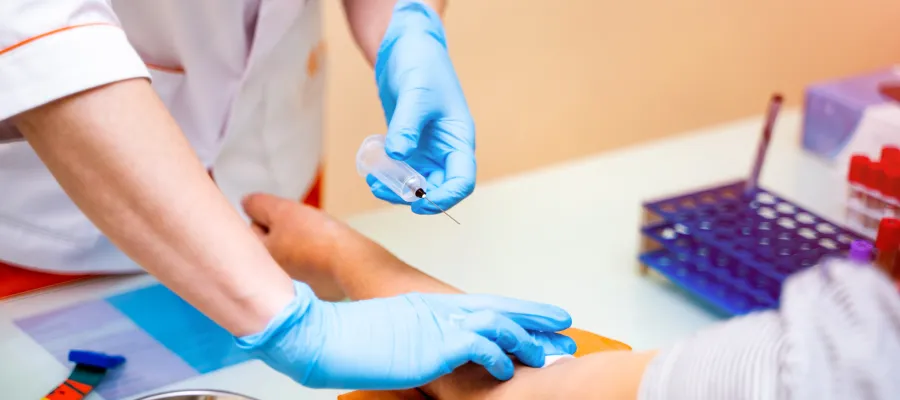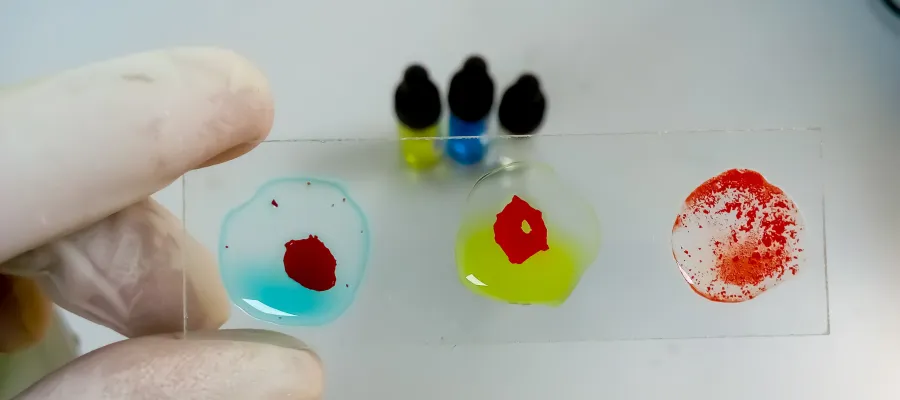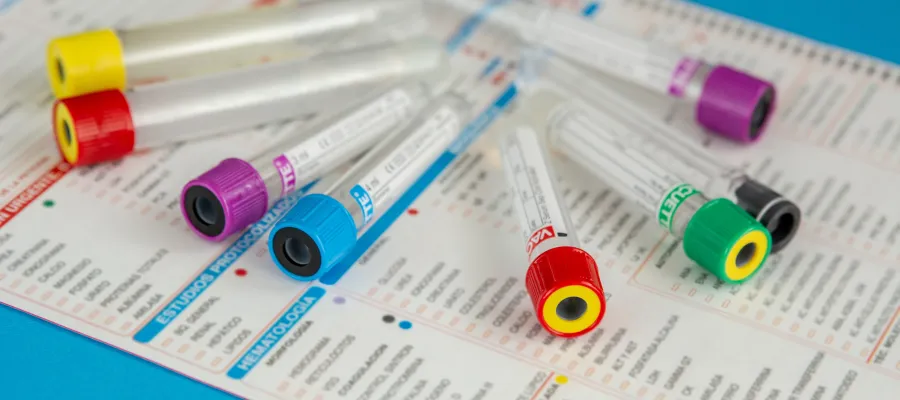
Welcome to the Transfusion Training Hub specifically created to support education and training for all healthcare professionals working within blood transfusion and for anyone wishing to increase their transfusion knowledge. The Hub provides links to existing resources all in one handy place. Resources featured have been selected to enhance an individual’s learning experience based on their current level of knowledge and desired topic as well as complementing ongoing continuous professional development. Various transfusion science/medicine related courses and qualifications have been signposted as well as links to useful websites, podcasts, information and guidance.
To ensure you find the most appropriate level of training and education we have provided a guide as to the degree of complexity for all courses, qualifications and e-learning modules (see descriptions of each level from foundation to expert).
A thank you to the NBTC for supporting and hosting this webpage, created by NHSBT as part of Transfusion 2024.
Disclaimer: Content and links provided within the training hub are intended to support transfusion science/medicine education and training, however some of the courses and information may change or be updated overtime. Some links will direct the user to a main site where they must search for the intended resource title, this is to ensure the most up to date version is located. Access to some of the material may be subject to an account set up and may incur a fee. All links were accurate at the time of release but will be reviewed annually. Training and competence must always be assessed at a local level and in conjunction with local policies and procedures. Content listed within the hub is not exhaustive, and NHSBT acknowledges that other resources are available.
Need to get in touch?
Any issues with links or if you have any resources you would like to see included please contact us at transfusiontraininghub@nhsbt.nhs.uk

